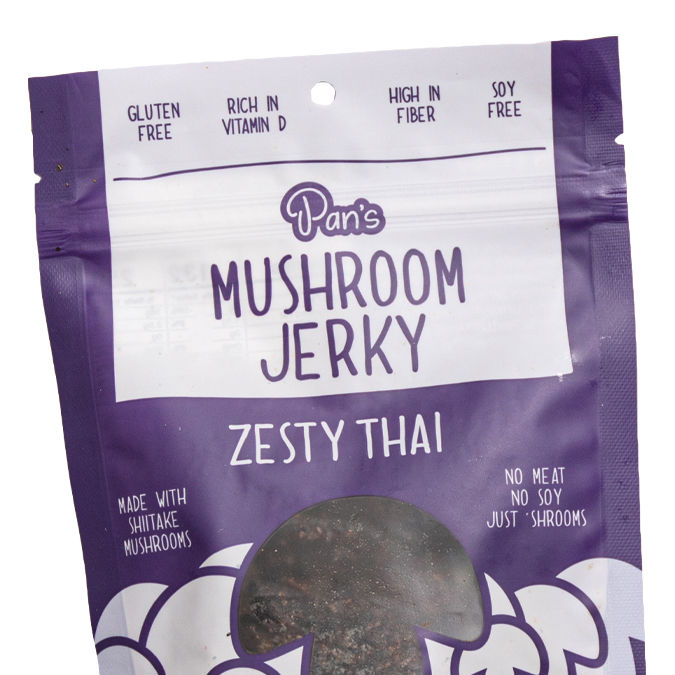Here’s How to Find a BIPOC Therapist in Portland

Finding the right mental health provider can be an especially daunting task for BIPOC people, many of whom benefit from—or need—a provider of color.
Image: Amrita Marino
This year has taken a toll on many people’s mental health, but it’s been especially hard on BIPOC populations. Many are looking to start or resume treatment, though most services are being delivered remotely.
Finding the right mental health provider can be an especially daunting task for BIPOC people, many of whom benefit from—or need—a provider of color.
“For some BIPOC-identified folks ... their racial and ethnic identity is incredibly salient to who they are ... and it’s important to that person that they be able to sit down with a therapist who also might understand their worldview,” says Dr. Jenjee Sengkhammee, a Portland therapist who specializes in culturally competent therapy. “It is probably essential.”
Working with a white therapist who isn’t experienced in culturally competent therapy can cause lasting harm.
“When [a] white clinician makes a racist comment, or the white clinician’s overpathologizing the client, that is where it’s really problematic,” says Sengkhammee. “The space that was intended or created to be safe and therapeutic and for healing is no longer that space, but that in fact what’s happening is actually a form of medical trauma.”
Portland native and licensed professional counselor (LPC) Andrea Redeau says working with a BIPOC clinician is especially important for BIPOC clients living in this majority-white city.
“Portland’s population, if we’re going to just talk about Black individuals, is very small. I went to an elementary school, middle school, and high school that was predominantly white,” says Redeau. “I understand the nuances of Portland. I can understand the way gentrification is impacting you.”
But it’s not easy to find a BIPOC provider. Many providers’ caseloads are full, especially with this year’s spike in requests for services. Sengkhammee suggests starting with psychologytoday.com and using the “community” filter to find therapists who specialize in your background, or try inclusivetherapists.com or portlandtherapycenter.com. NAMI Oregon has a list of clinics offering culturally specific, LGBTQ-specific, and youth-specific services. Redeau founded C4 (c4pdx.com), a support group for Portland therapists of color and referral service for clients of color. If you have health insurance, try to find a provider who accepts your plan. If you don’t have insurance, ask about a sliding scale. Local universities, including Lewis & Clark, George Fox, Pacific, and Portland State also offer low-cost, supervised student clinics.
Or try looking beyond talk therapy. Aisha Edwards, a licensed mental health counselor (LMHC), says that for some, talk therapy may not be the best approach. She specializes in somatic trauma therapy, a body-focused form of therapy. Racism is a form of developmental trauma, she says, and that trauma affects our physiology.
“Since rage is such a strong part of racialized trauma, I like to encourage people to work up to releasing that backlogged rage through punching a punching bag, destroying destroyable objects, like from a thrift shop, or going to a rage room,” Edwards says.
In June, Edwards founded Radical Rest (radicalrest.org) to provide free mental health support for BIPOC people involved with racial justice protests in Portland. Each month for one week, providers including therapists, healers, herbalists, and massage therapists volunteer their services. Radical Rest’s archived list of providers is also a valuable resource, a “hub of information of providers who are down for the cause of racial liberation,” says Edwards.
What if you can’t find a provider of color? Tell your provider if they misunderstand your background—it can happen to therapists of color as well as to white therapists, says Sengkhammee. And ask potential providers about their background working with communities of color. You might even lead them to seek more training, making them a better therapist.













